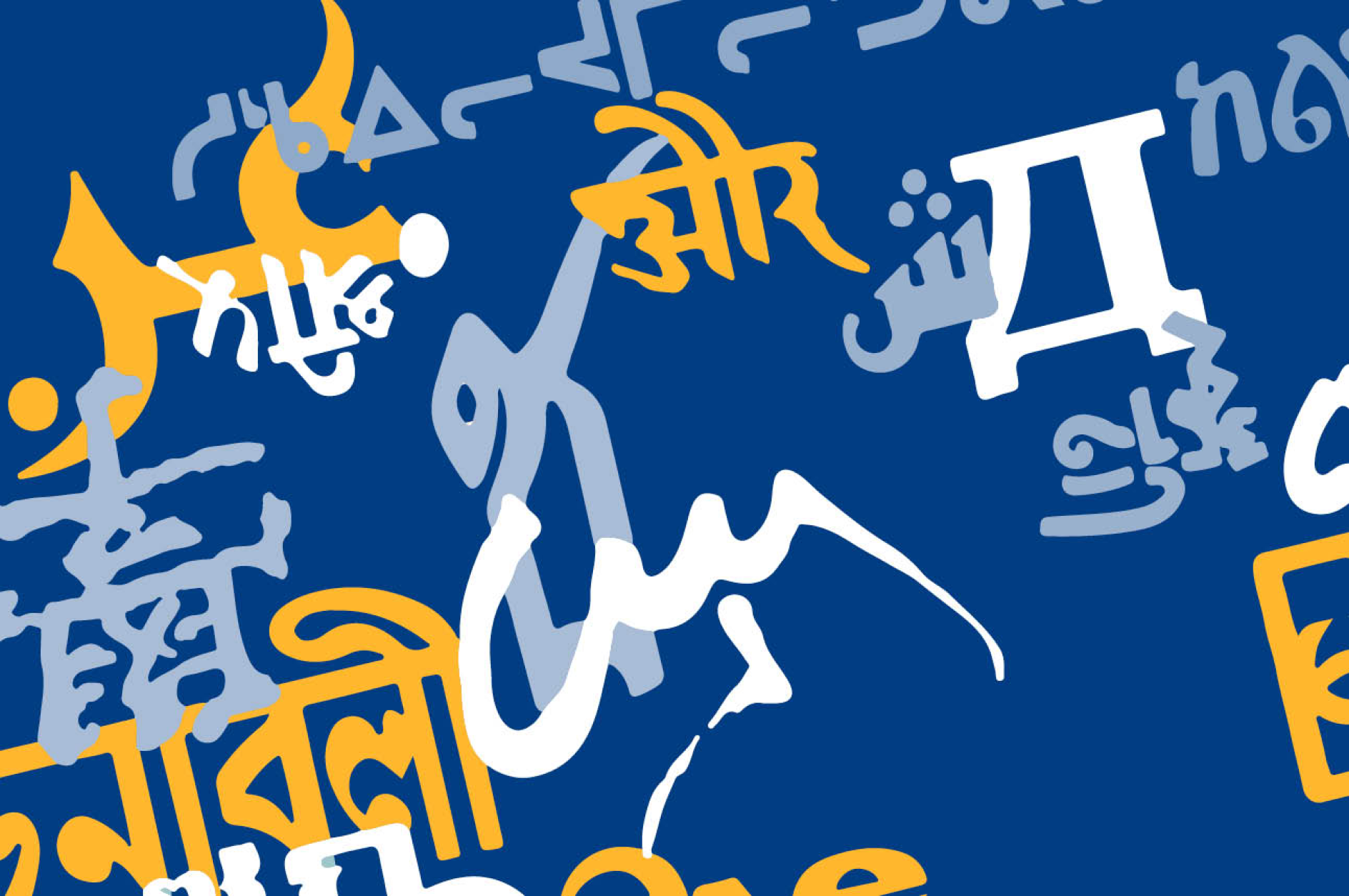(De)coloniality of knowledge: women's perspectives across cultural areas
Registration required: liliane.hodieb@inalco.fr
Traditionally perceived as a consequence of modernity, colonialism as a model of power is, from the point of view of decolonial studies, constitutive of it. Decolonial studies, like postcolonial studies and in particular subaltern studies, propose a consideration of history starting from a different place of enunciation, that of dominated subjects (Quiroz, 2019). Rooted in colonization, subalternity/coloniality is defined as a form of domination that today transcends the divide between colonizer and colonized (L'Heuillet, 2017) and, because it is protean, cannot be limited to one particular situation. Here, our object is the coloniality of knowledge; this consists in the qualification of thought produced in the colonies or, more generally by the subalterns, as invalid.
This invalidation, invisibilization, or subalternization, when these productions emanate from women, is twofold. Hence the title of the essay by Gayatri Spivak, one of the leading figures in subaltern studies, published in 1985: Can the subaltern speak? Indeed, according to Spivak, "[i]f, in the context of colonial production, subalterns have no history and cannot speak, subalterns as women are even more deeply in the shadows" (Spivak's (1988) French translation: Les Subalternes peuvent-elles parler?). In the story, female voices are muffled, their roles silenced. How is this double subalternity reflected in history, in texts, in discourse, and in the transmission of knowledge? What identity issues do they face in such a position? What mediations are possible with a view to "feminine decoloniality" - and not necessarily feminist decoloniality? To debate these questions, a trans-area perspective is in order.

Speakers:
- Christina Alexopoulos de Girard, PhD HDR, PLIDAM-INALCO, SuLiSoM-Université de Strasbourg
- Capucine Boidin, PU, Université Sorbonne Nouvelle
- Frosa Bouchereau, PU, INALCO-PLIDAM
- Naomi Davidson, PU, University of Chicago (Paris)
- Kathleen Gyssels, PU, University of Antwerp
Moderator: Liliane Hodieb, PhD, INALCO-PLIDAM


